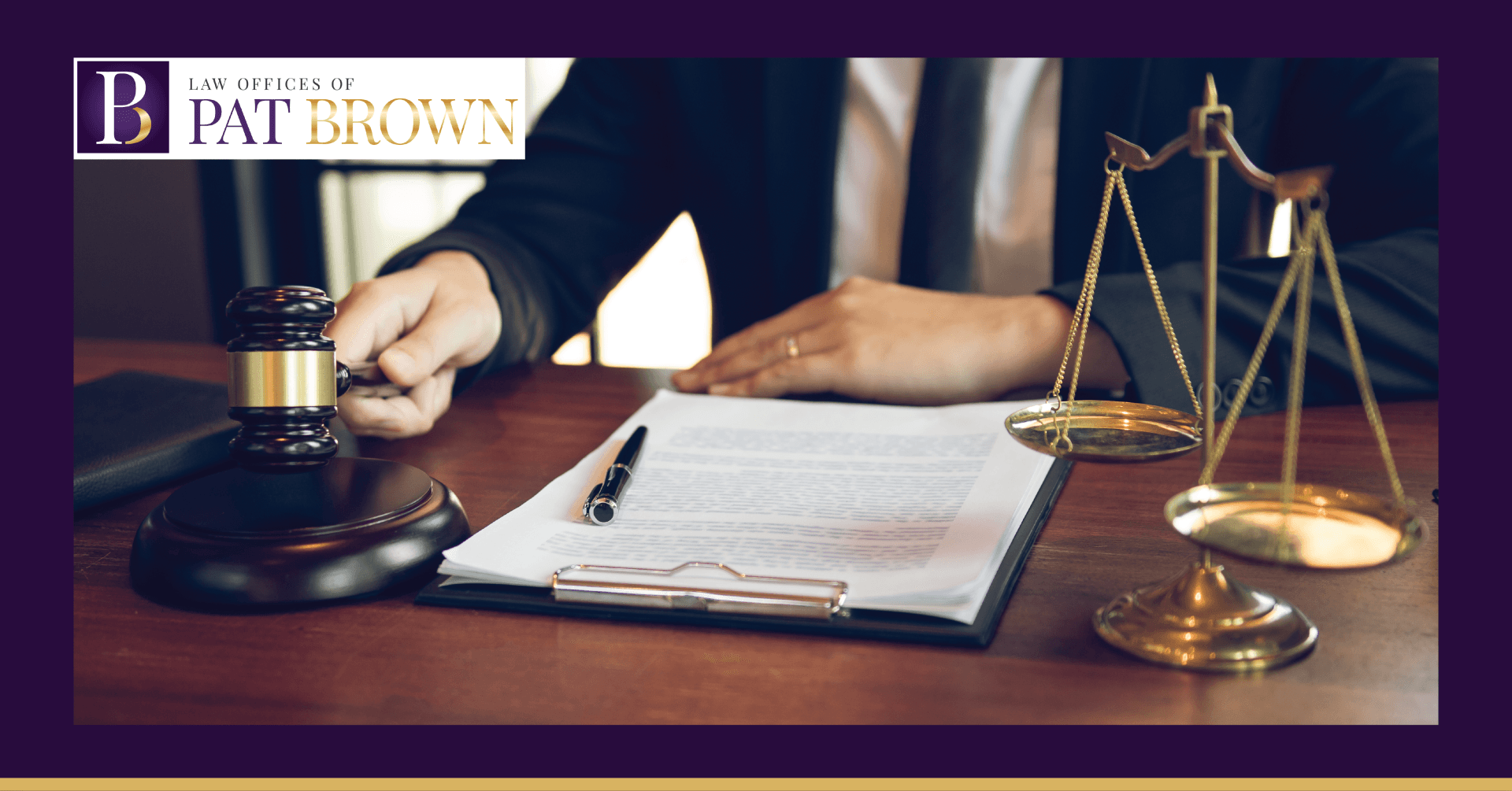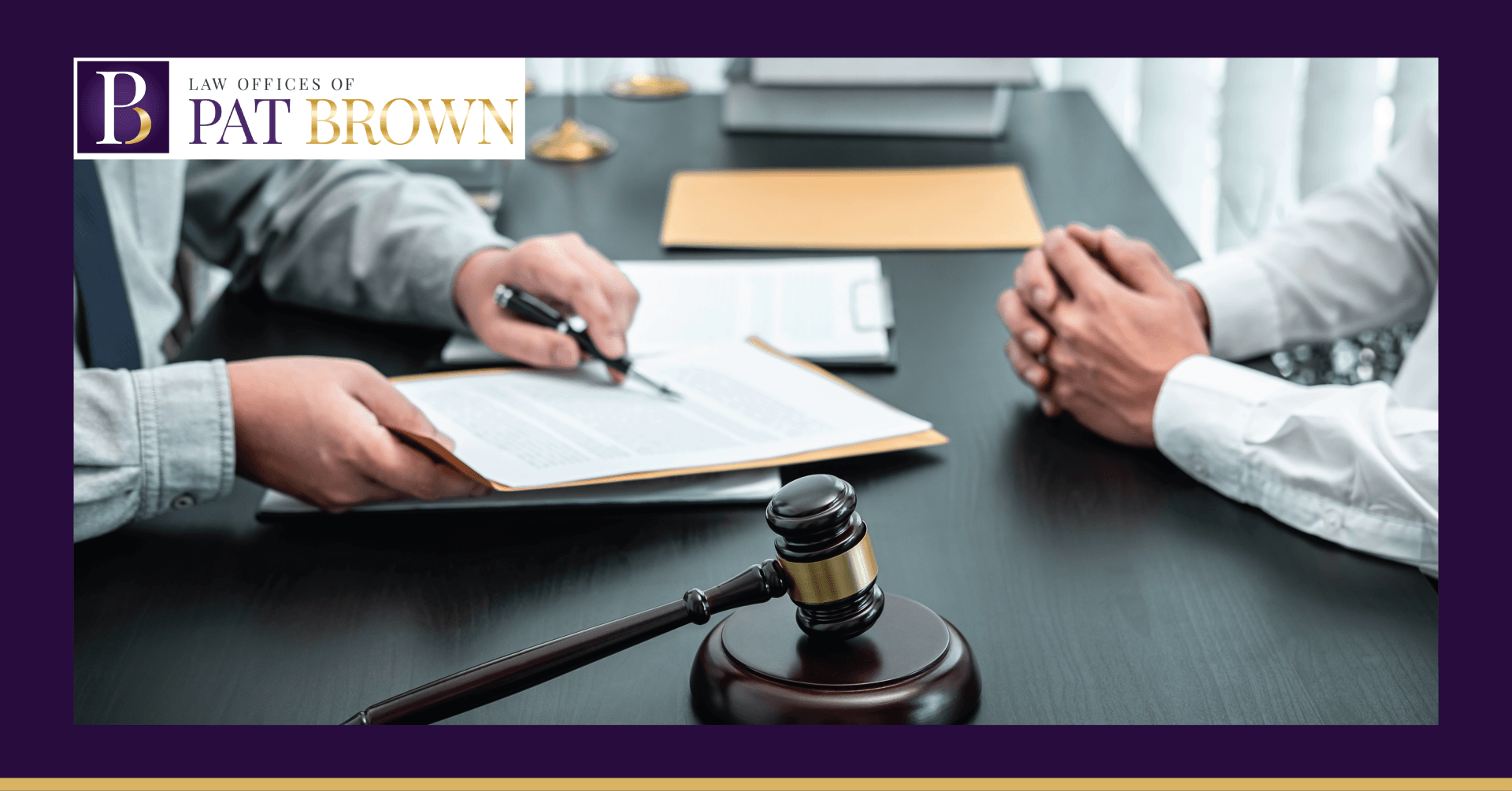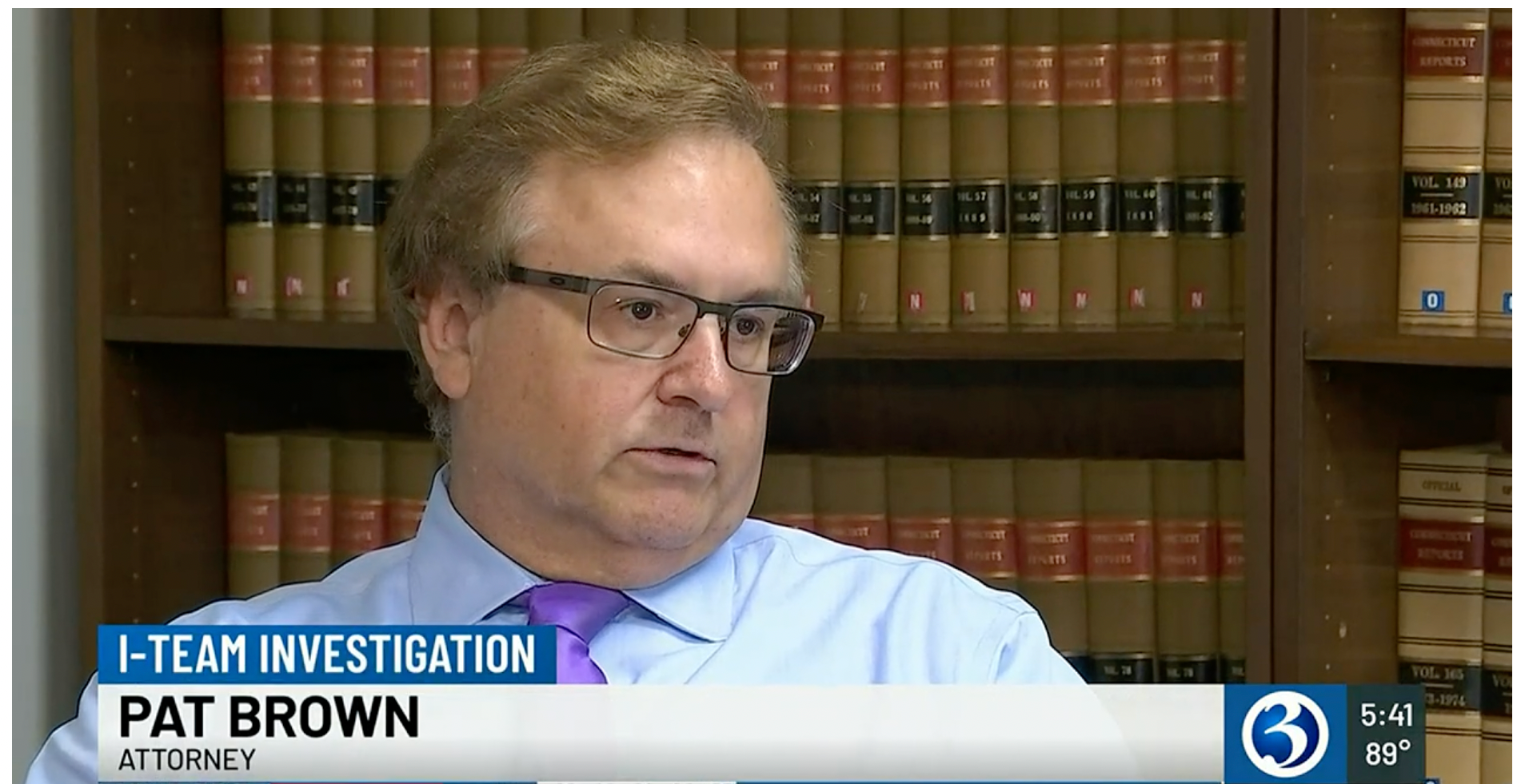When facing criminal charges, defendants often have various plea options that can significantly impact the outcome of their case. While many people are familiar with the standard guilty and not guilty pleas, special pleas provide alternative legal strategies that can protect a defendant’s rights and future. These specialized pleas may help preserve the right to appeal, mitigate sentencing consequences, or even maintain a claim of innocence while accepting a conviction. Understanding these options is essential for anyone navigating the criminal justice system. Below, we explore different types of special pleas and how they can be used effectively.
The Open Plea
An open plea is one in which you plead to the full indictment or information without any agreement with the prosecutor or judge.
An open plea may be to your advantage where both of two conditions apply:
- The judge either will not or cannot (because of rule or statute) promise a particular sentence.
- The prosecutor insists on disadvantageous conditions or stipulations without offsetting concessions.
For example, in federal fraud cases where you contest the loss amount and the prosecutor wants a waiver of appeal, the prosecutor may offer to dismiss some counts for a plea. However, where no count carries a mandatory minimum or consecutive sentence, the dismissal may not earn you much, if anything. On the other hand, with an open plea you might reap the benefits of a plea, seek a more favorable sentence and then appeal the sentence if it is excessive.
Appeal Waivers
Even after a plea, you can appeal your sentence as illegal or excessive. However, with the proliferation of appeals from sentences in guideline sentencing regimes, it has become routine for federal prosecutors to insist that as part of the plea agreement, you waive any right to appeal either the conviction or sentence.
The federal courts uniformly have upheld appeal waivers, while a minority of state courts have disagreed.
The waiver also may include any collateral attack rights such as habeas petitions. This provision is more problematic because it forbids you from attacking the process that resulted in the very agreement with which the government seeks to bind you. Thus many courts will permit you to raise issues of ineffective assistance of counsel and the involuntariness of your plea despite explicit waivers of collateral attack rights.
Bench Trial with Stipulated Facts
If your jurisdiction does not provide for conditional guilty pleas and you and your attorney desire to preserve a meritorious legal issue for appeal, consider a bench trial on stipulated facts.
Judges grant leniency for guilty pleas because they save time and demonstrate the defendant’s contrition. If you waive a jury and stipulate to the facts, and your attorney explains that though you do not contest your factual guilt, you have a meritorious legal issue which deserves appellate review, you might be able to preserve the issue for appeal as well as obtain the sentencing discount which a guilty plea warrants.
No Contest Pleas
Sometimes people realize that the evidence is stacked against them and they want to secure the benefits of a guilty plea, but do not want to admit guilt. They may have difficulty facing friends and family, or they actually may be innocent. Other defendants rightfully wish to avoid the collateral estoppel effect that an admission of guilt will have in subsequent civil litigation brought by the victims, regulatory agencies or shareholders.
In such cases, it may be reasonable to enter either a “no contest” (or “ nolo contendere ”) plea or an “ Alford ” plea.
A no contest or nolo contendere plea is one in which you do not plead guilty but consent to the entry of a judgment of conviction.
In an Alford plea, you plead guilty but maintain your innocence.
A court is not required to accept either a no contest or an
Alford plea. In some jurisdictions, the court cannot accept a no contest plea without the prosecution’s consent. Some prosecutors’ offices have a policy to oppose no contest pleas except “in the most unusual circumstances.”
Plea in Absentia
A plea in absentia allows a defendant to enter a plea without being physically present in court. This is typically used in misdemeanor cases where the defendant is unable to appear due to logistical or personal reasons. With legal representation, a defendant can plead guilty or no contest without having to travel to court, saving time and potential legal complications. However, not all courts permit pleas in absentia, and they are generally not allowed in felony cases.
Best Interest Plea
A best interest plea is a type of guilty plea where the defendant does not admit guilt but acknowledges that the prosecution has enough evidence to likely secure a conviction. Similar to an Alford plea, this strategy allows the defendant to accept a plea deal without making a direct confession. It is often used when a defendant wants to avoid the risks of trial but does not want to explicitly admit wrongdoing.
Conditional Pleas
A guilty plea waives all but nonjurisdictional issues, even hotly litigated pretrial motions. Some jurisdictions permit, if the prosecution consents, “conditional pleas” in which the parties agree that the defendant may appeal specified pretrial issues.
Juvenile Consent Decree Plea
For juvenile offenders, some courts allow a consent decree plea, where a young defendant agrees to enter a probationary program in exchange for having their charges dismissed upon successful completion. This option prioritizes rehabilitation over punishment and helps juveniles avoid having a permanent criminal record. It is often used in minor offenses or first-time delinquency cases.
Deferred Adjudication Pleas
In some jurisdictions, a defendant may enter a deferred adjudication plea, which allows them to avoid a formal conviction if they successfully complete probation or other court-imposed requirements. This plea is particularly useful in cases where the defendant has no prior record and wishes to avoid long-term consequences. If the defendant meets all conditions set by the court, the charges may be dismissed. However, failure to comply could result in sentencing as if the defendant had pleaded guilty.
Know Your Plea Options – Seek Legal Guidance
Choosing the right plea can have lasting effects on your freedom, record, and future opportunities. Special pleas provide strategic options that can help mitigate the impact of criminal charges. If you or a loved one is facing criminal prosecution, it is crucial to have experienced legal counsel to guide you through the plea process. Contact the Law Offices of Pat Brown today to discuss your case and explore the best defense strategy tailored to your situation.
The post Special Pleas in Criminal Cases appeared first on Law Offices of Pat Brown.







Contact Us Today
For more information, call us at (860) 321-7722 or fill out the form below.
Contact Us
We will get back to you as soon as possible.
Please try again later.






